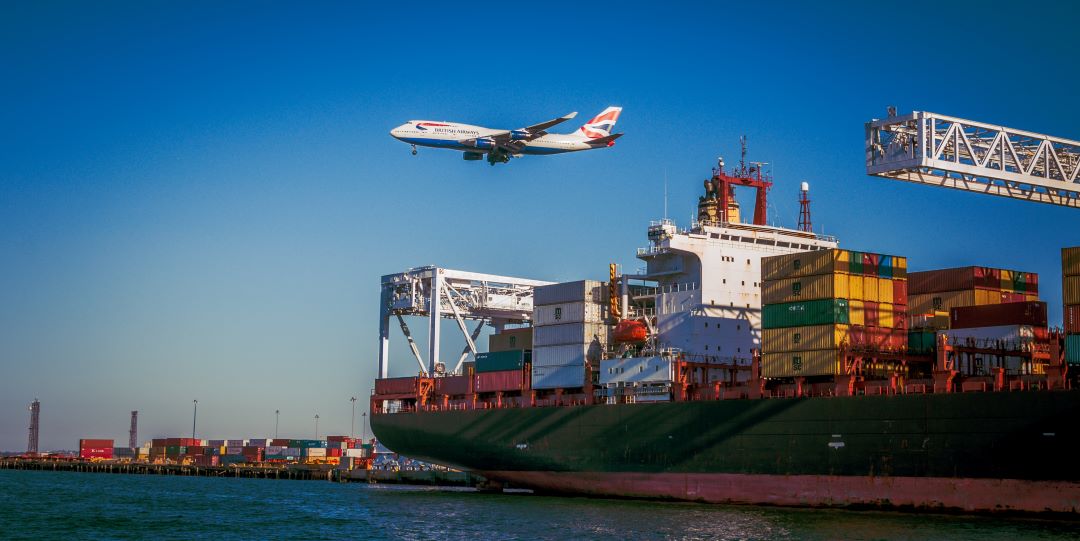The growth of SMEs through exportation could automatically decrease unemployment rates in the EU. All experts agree: the salvation of sluggish European economies will be boosted by these companies.
The European Commission defines SMEs as those enterprises employing fewer than 250 people that have a turnover below €50 million and/or a balance sheet total fewer than €43 million. As reported by the Structural Business Statistics from the European Commission, SMEs are the main source of employment representing 99% of all businesses in the EU and are an inexhaustible source of innovation.
For those like me, who have worked in SMEs, it is obvious: the energy and creativity of small teams, well-anchored in the reality of their environment, allow them to achieve concrete projects in record times.
Decisions are made quickly because org-charts, if any, are flat. Entrepreneurs are risk-takers and smart business persons with a strong field of experience and in-depth knowledge of their customers and suppliers.
But why don’t we see these businesses flourish to the point of curbing unemployment? In June of 2019, the unemployment rate in the 28-EU was 6.3 % and although it is the lowest level for the entire bloc since the eurozone started collecting data in 2000, it is still a concerning number. Regarding this question, experts are unanimous: SME’s can’t grow due to the challenges created through exporting their goods, exacerbated by the obstacles created through related activities.
According to the annual report on European SMEs 2017/2018, these firms suffer from “typical constraints and barriers, which affect their capability to expand beyond their domestic borders.”
Breaking down the barriers
It must be recognized that it is not that obvious to embark on export projects: how to find the right contacts (distributors, customers)? How to be sure of their reliability (it is not easy in one’s country, so abroad …)? How to finance these projects?
Search for help
Fortunately, SME’s can find solutions to these questions: Chambers of Commerce, professional organizations, some banks offer export support services and FinTech platforms can be a way in which SME’s can open their doors to exportation and at the same time, drive their growth while they generate more jobs.
Diversify your clients
Author and Financial Analyst, Susan Hayes, says that the most important reason for SMEs to consider exporting is that it allows them to diversify the client base. This helps them to be protected if one of their client’s markets collapses.
Plan a strategy
So, every SME that dares and wants to pursue an exporting journey must plan a strategy in which they clearly explain the way overseas operations are going to grow at a manageable rate. It needs to be specifically detailed. That way the risk of under-trading is lower and the company can fulfill their day-to-day working capital costs.
In conclusion, there’s no reason for SME’s to look at exportation as complicated or out of reach. Countries are conscious that it is a great way to decrease unemployment rates, and therefore many organizations are willing to help with SME’s processes. To SMEs’ leaders, dare to export!

Cedric Bismuth
CEO and Founder of Cedbis & Partners Expert in Digital Transition and SME Consultancy.




